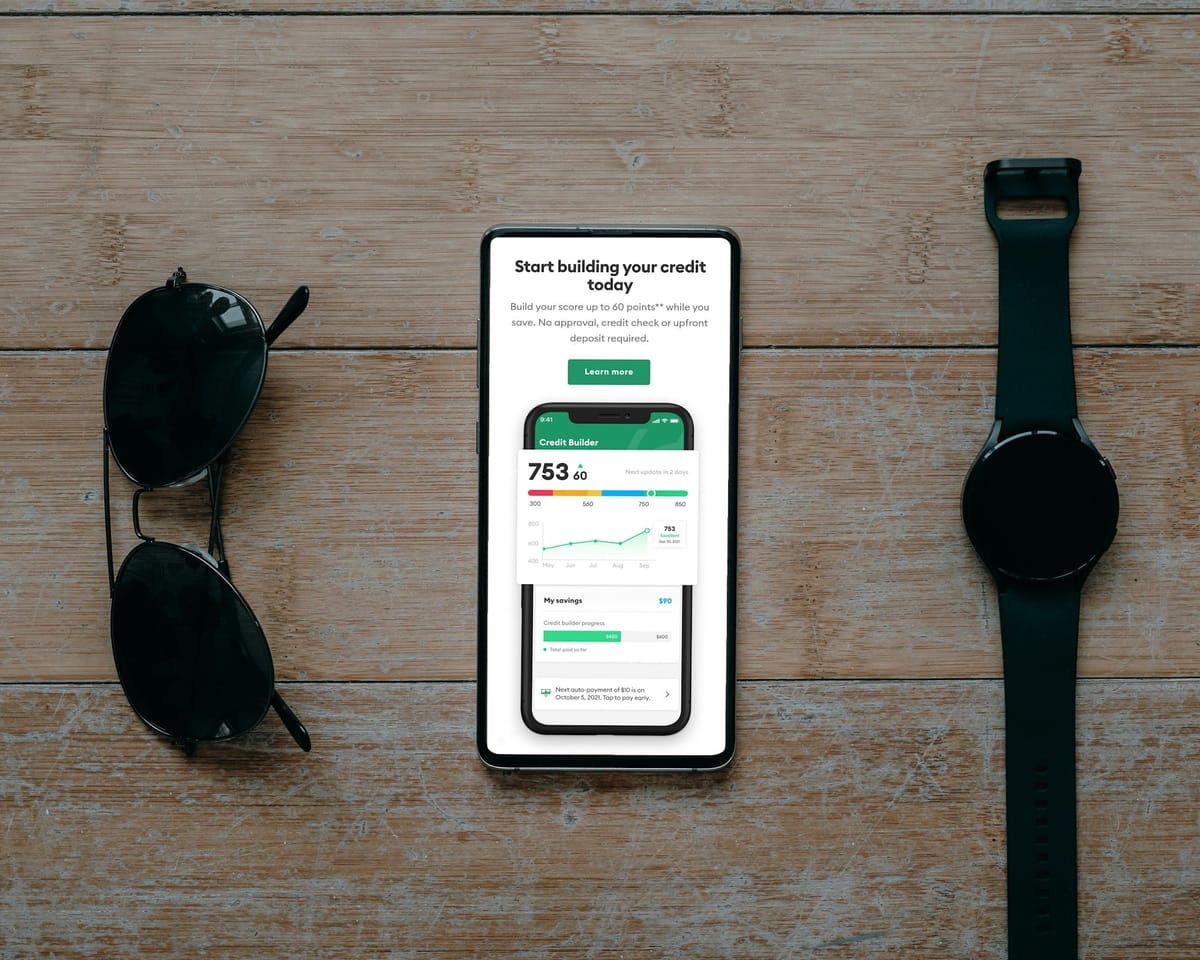The short answer is yes, a HELOC can affect your credit score. However, the long-term impact can be positive, depending on how you manage the account.
What is a HELOC and How Does It Work?
Before discussing the credit score implications, let's briefly explain what a HELOC is:
A Home Equity Line of Credit (HELOC) is a revolving credit line secured by your home's equity. It allows you to borrow funds as needed up to a predetermined limit, similar to a credit card. HELOCs typically have two phases:
- Draw Period: Usually lasting 5-10 years, during which you can borrow funds.
- Repayment Period: Following the draw period, where you repay the borrowed amount plus interest.
HELOCs often offer lower interest rates compared to unsecured loans or credit cards, making them an attractive option for homeowners.
How Credit Scores Work
To understand how a HELOC affects your credit score, it's essential to know the components that make up your credit score:
- Payment History (35%)
- Credit Utilization (30%)
- Length of Credit History (15%)
- Credit Mix (10%)
- New Credit Inquiries (10%)
These percentages are based on the FICO scoring model, which is widely used by lenders.
The Impact of a HELOC on Your Credit Score
Now, let's explore how a HELOC can influence each component of your credit score:
1. Credit Inquiries and New Credit (10% of Your Credit Score)
When you apply for a HELOC, the lender will perform a hard credit inquiry. This can temporarily lower your credit score by a few points. However, the impact is usually minimal and short-lived.
Pro Tip: If you're shopping for the best HELOC rates, try to submit all applications within a 45-day window. Credit scoring models often treat multiple inquiries within this period as a single inquiry, minimizing the impact on your score.
2. Credit Utilization (30% of Your Credit Score)
Unlike credit cards, HELOCs are typically excluded from the credit utilization ratio calculation in most credit scoring models. This is because HELOCs are secured by your home, making them a different type of credit product.
However, it's important to note that some newer credit scoring models may factor in HELOC balances when calculating utilization. To be safe, it's wise to keep your HELOC balance low relative to your credit limit.
3. Payment History (35% of Your Credit Score)
Making timely HELOC payments can positively impact your credit score, as payment history is the most significant factor in credit scoring models. Consistently paying on time can help build a strong credit history.
Warning: Late or missed payments on your HELOC can severely damage your credit score. Set up automatic payments to ensure you never miss a due date.
4. Credit Mix (10% of Your Credit Score)
Adding a HELOC to your credit profile can improve your credit mix. Having different types of credit (revolving and installment) can demonstrate your ability to manage various financial products responsibly.
5. Length of Credit History (15% of Your Credit Score)
A HELOC can potentially increase the average age of your credit accounts, which could have a positive impact on your credit score over time. However, this effect is usually minimal compared to other factors.
Potential Benefits of a HELOC on Your Credit Score
When managed responsibly, a HELOC can have several positive effects on your credit score:
- Improved Payment History: Consistent, on-time payments can boost your credit score.
- Better Credit Mix: Adding a HELOC diversifies your credit types, potentially improving your score.
- Lower Credit Utilization: Using a HELOC instead of maxing out credit cards can keep your overall credit utilization low.
Potential Risks of a HELOC to Your Credit Score
While HELOCs can offer financial flexibility, they come with potential risks to your credit score:
- Missed Payments: Late or missed payments can significantly damage your credit score.
- High Utilization: If newer scoring models include HELOC balances in utilization calculations, a high balance could negatively impact your score.
- Multiple Credit Inquiries: Applying for several HELOCs in a short period could lower your score.
Strategies to Minimize Negative Impacts on Your Credit Score
To make the most of a HELOC while protecting your credit score:
- Use it Responsibly: Borrow only what you need and can afford to repay.
- Make Timely Payments: Set up automatic payments to ensure you never miss a due date.
- Keep Utilization Low: Try to use no more than 30% of your available credit.
- Monitor Your Credit: Regularly check your credit reports to ensure accuracy and track your progress.
- Plan for the Repayment Period: Be prepared for potentially higher payments when the draw period ends.
When a HELOC Might Not Be the Best Option
Consider alternatives to a HELOC if:
- Your income is unstable, making it difficult to ensure consistent payments.
- You're planning to sell your home soon, as you'll need to repay the HELOC upon sale.
- You're not confident in your ability to manage the variable interest rates.
- You're already struggling with high levels of debt.
Comparing HELOCs to Other Credit Options
Understanding how HELOCs compare to other credit options can help you make an informed decision:
- Credit Cards: HELOCs typically offer lower interest rates but put your home at risk.
- Personal Loans: HELOCs often have lower rates and higher borrowing limits but are secured by your home.
- Home Equity Loans: These provide a lump sum rather than a revolving credit line but may have fixed interest rates.
The Importance of Credit Scores When Applying for a HELOC
Your credit score plays a crucial role in HELOC approval and terms:
- Minimum Credit Score: Most lenders require a credit score of at least 620 for HELOC approval.
- Better Rates: Higher credit scores can qualify you for lower interest rates and better terms.
- Higher Credit Limits: A strong credit score may allow you to borrow more against your home's equity.
The HELOC Application Process
Applying for a HELOC involves several steps, each designed to assess your financial stability and the equity in your home:
1. Determine Your Eligibility
Before applying, ensure you meet the basic requirements: sufficient home equity, a qualifying credit score, a manageable debt-to-income ratio, and stable income.
2. Gather Necessary Documentation
Prepare the following documents to streamline the application process:
- Proof of income (pay stubs, tax returns, or bank statements)
- Recent mortgage statements
- Proof of homeownership (deed or mortgage documents)
- Property tax assessments
3. Choose a Lender
Research and compare different lenders to find the best terms and interest rates. Consider factors such as fees, customer service, and lender reputation.
4. Submit Your Application
Complete the application form provided by your chosen lender. Be prepared for a hard credit inquiry, which can temporarily impact your credit score.
5. Home Appraisal
The lender will likely require a home appraisal to determine its current market value and the amount of equity available. This step is crucial for establishing how much you can borrow.
6. Review and Approval
Once your application and appraisal are complete, the lender will review your financial information and determine if you qualify for the HELOC. If approved, you'll receive an offer detailing the credit limit, interest rate, and repayment terms.
7. Closing
If you accept the offer, you'll go through a closing process similar to a mortgage closing. This includes signing agreements and paying any closing costs or fees.
8. Accessing Funds
After closing, you can access your HELOC funds as needed, typically through checks, a credit card, or an online transfer.
Balancing the Benefits and Risks
A HELOC can be a valuable financial tool when used responsibly. While it can affect your credit score in various ways, the impact is generally manageable and can even be positive if you maintain good borrowing habits. By understanding how HELOCs interact with your credit score, you can make informed decisions about whether this financial product aligns with your goals and circumstances.
Remember, every financial situation is unique. Before applying for a HELOC, consider consulting with a financial advisor to determine if it's the right choice for you. With careful planning and responsible use, a HELOC can provide the financial flexibility you need while maintaining a healthy credit score.
Ultimately, the key to using a HELOC without negatively impacting your credit score lies in responsible management. By making timely payments, keeping your utilization low, and using the funds wisely, you can leverage your home's equity while potentially improving your overall credit health.


